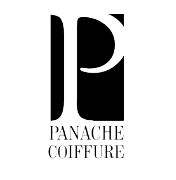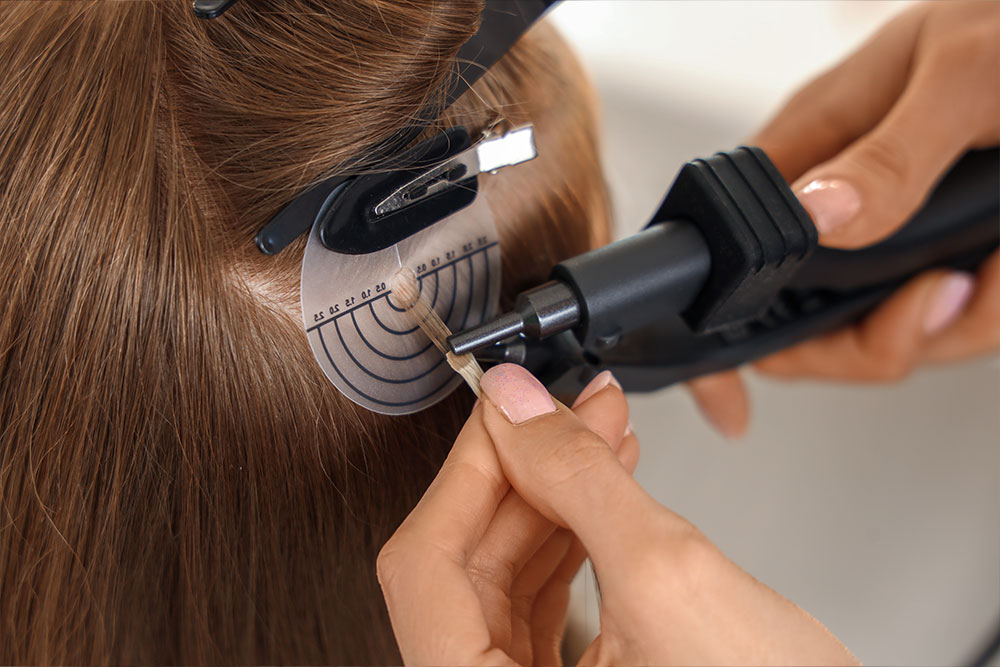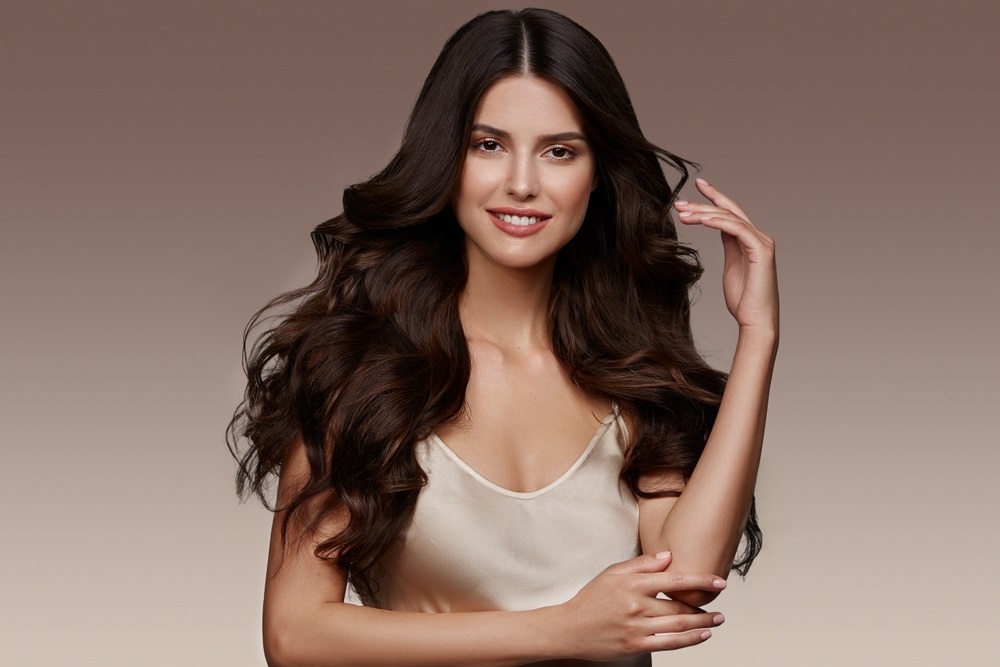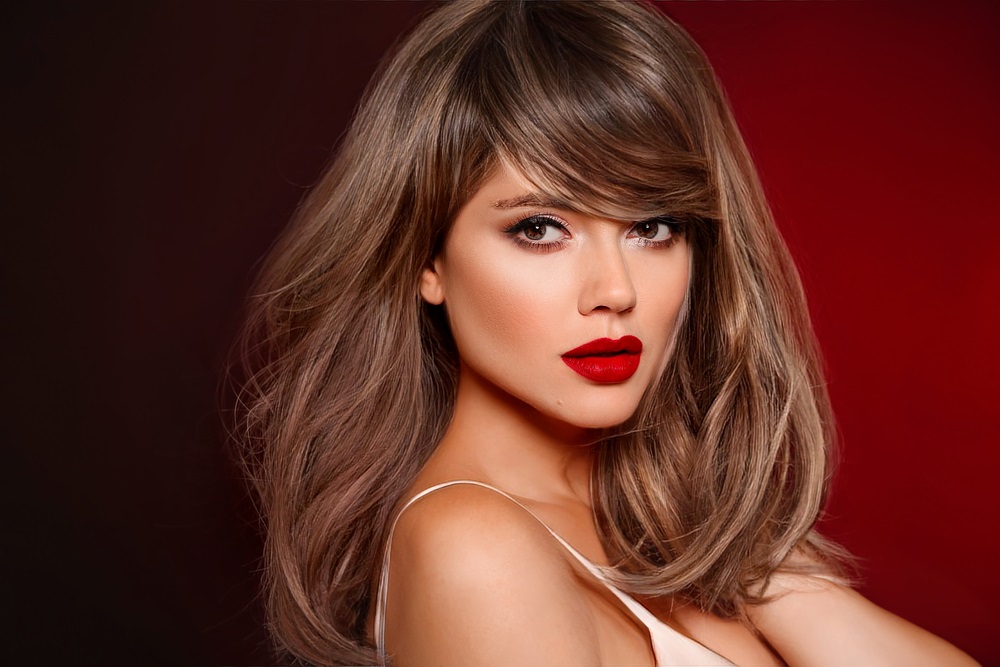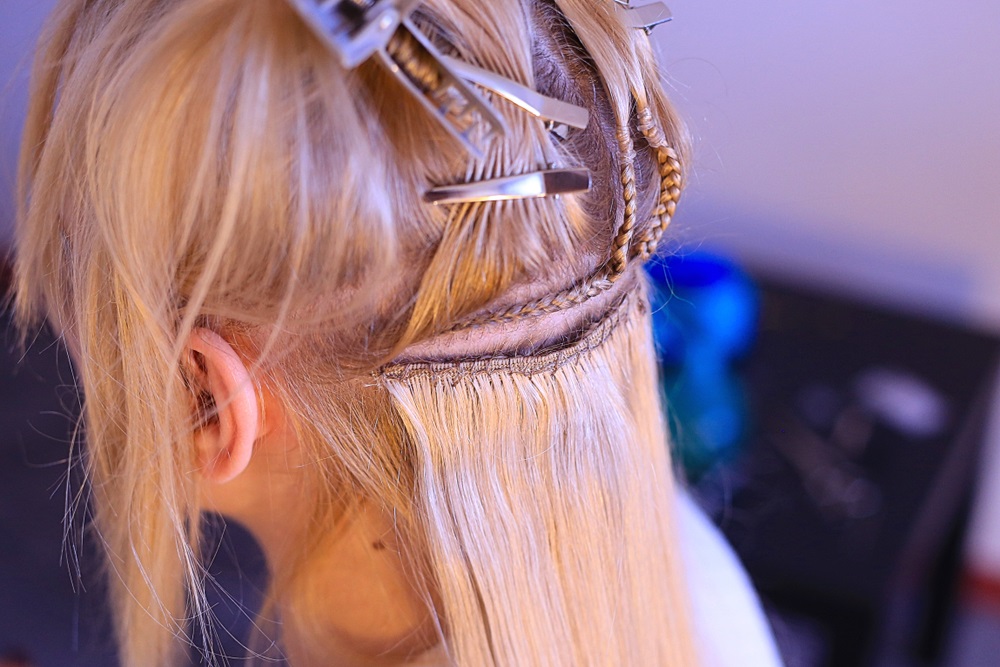
Best Type of Hair Extensions for Thin Hair
Thin hair can be a challenge when it comes to finding the right hair extensions. The need for additional volume and length must be balanced with the potential for damage. The best type of hair extensions for thin hair is often those that provide a natural look while being gentle on the scalp. This article explores various options and provides expert guidance on choosing the right extensions.
Understanding Thin Hair
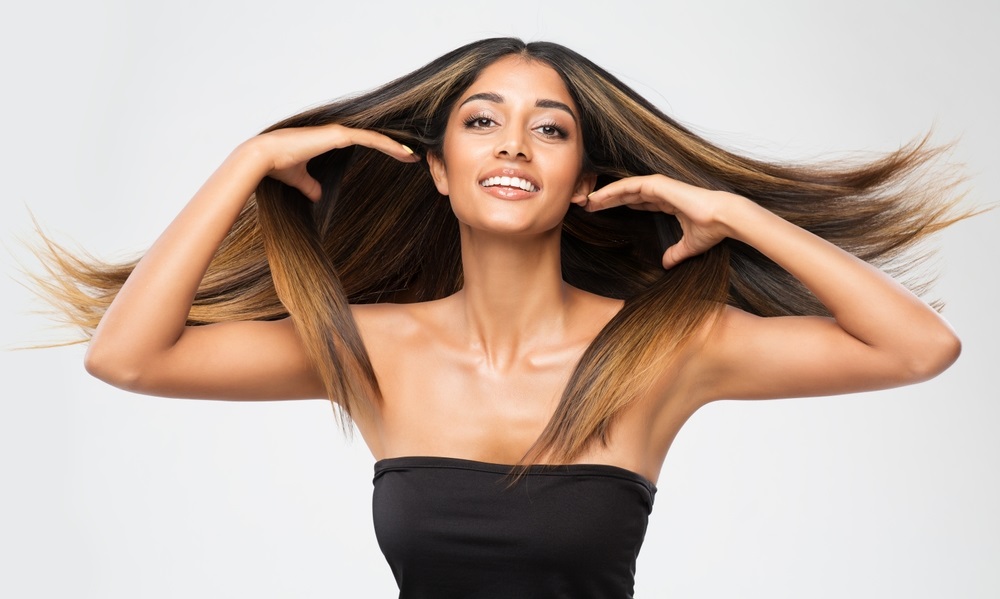
Thin hair is characterized by a smaller diameter of individual hair strands and can result in a less voluminous appearance. It can be genetic or caused by factors such as aging, stress, or health issues. Understanding your hair type is crucial in selecting the right hair extensions that will enhance your look without causing harm.
The Challenges of Thin Hair
One of the primary challenges of thin hair is its fragility. It can be more prone to breakage, and heavy extensions may exacerbate this issue. Additionally, thin hair often struggles to hold styles and can appear flat, which makes the selection of lightweight and well-integrated extensions essential.
Choosing Hair Extensions for Thin Hair
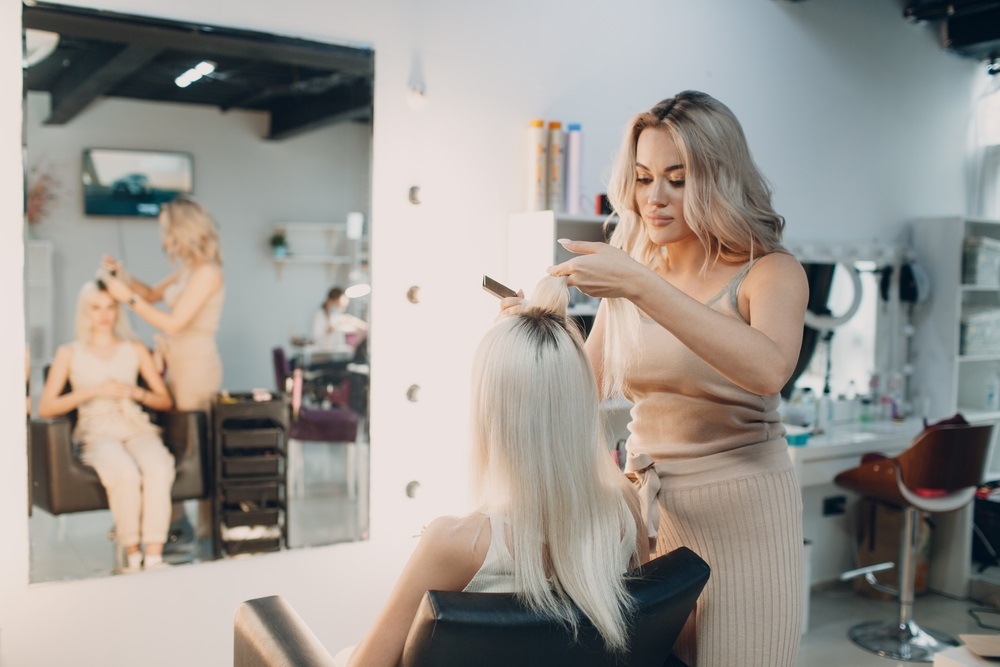
Selecting hair extensions for thin hair involves considering the weight, attachment method, and how well the extensions blend with your natural hair. It’s important to choose extensions that are not too heavy, as they can put strain on the scalp and hair follicles, leading to damage or hair loss.
Why Hair Type Matters in Extensions
Your natural hair type should guide your choice of extensions. Thin hair requires a careful approach to ensure that the extensions do not cause damage or look unnatural. The goal is to find extensions that add volume and length while maintaining a natural appearance and avoiding strain on the scalp.
The Best Type of Hair Extensions for Thin Hair
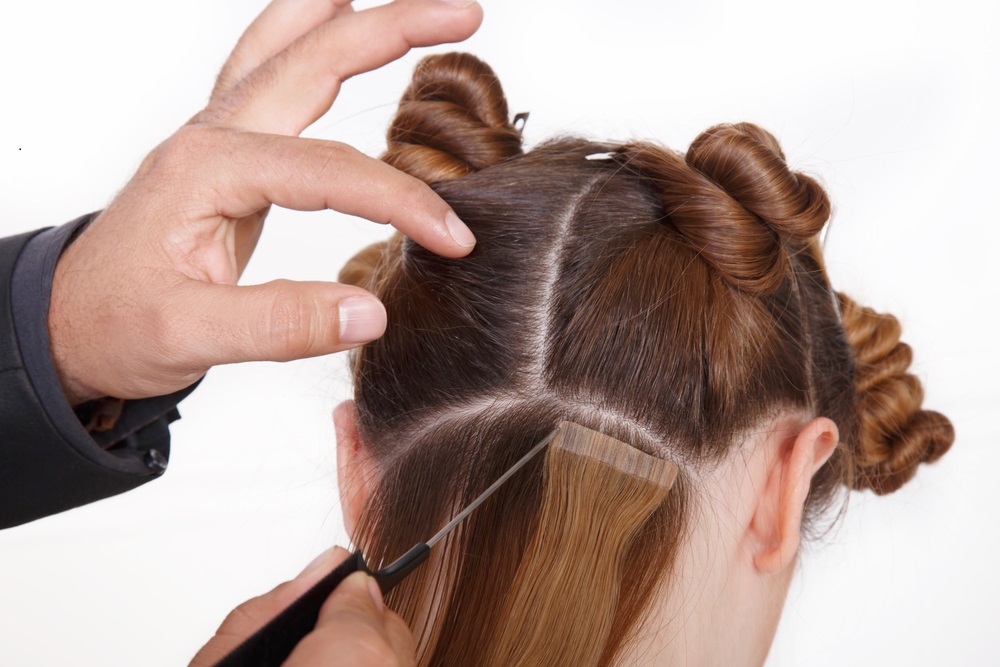
For those with thin hair, the ideal extensions are lightweight and have a discreet attachment method. Let’s explore some of the best types of extensions for thin hair:
Tape-In Hair Extensions: A Popular Choice
Tape-in extensions are a popular option for thin hair due to their lightweight nature and flat wefts that lie close to the scalp. These extensions are applied using a special adhesive that is gentle on the hair, making them a suitable choice for those looking to add volume without causing damage. The wefts are typically around 1.5 inches wide, providing a seamless blend with natural hair.
Clip-In Hair Extensions: Flexibility and Ease
Clip-in extensions offer great flexibility and are a non-permanent option, making them ideal for occasional use. They come in various lengths and densities, allowing for customization according to the wearer’s preference. Clip-ins are easy to apply and remove, which is beneficial for maintaining the health of thin hair, as they can be removed at the end of the day to reduce strain on the hair.
Micro-Link Hair Extensions: A Lightweight Option
Micro-link, or micro-bead, extensions are another good choice for thin hair. These extensions involve attaching small sections of extension hair using tiny beads that are clamped onto the natural hair. They are lightweight and do not use adhesives or heat, reducing the risk of damage. However, they require professional application and maintenance to ensure they are not too tight, which could lead to hair breakage.
Sew-In Hair Extensions: Pros and Cons
Sew-in extensions, also known as weaves, involve braiding the natural hair into cornrows and sewing the extension hair onto these braids. While they provide a secure attachment and can add significant volume, they are generally not recommended for thin hair. The braiding process can be too harsh on fragile hair and can lead to tension and damage if not done carefully.
Considerations for Fine Hair Textures
When choosing hair extensions, the texture of the extensions should closely match the natural hair. For fine hair textures, it is crucial to choose extensions that blend seamlessly. Extensions that are too thick or coarse can look unnatural and be more difficult to style and maintain.
The Importance of Hair Extension Quality
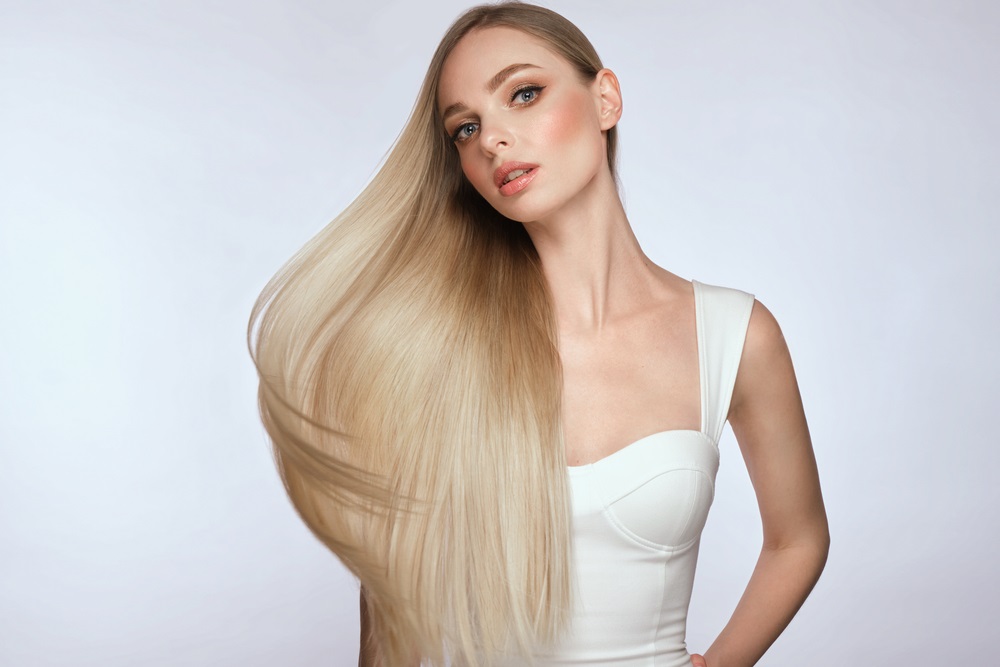
High-quality hair extensions are a must, especially for those with thin hair. Poor-quality extensions can tangle easily, shed, and look unnatural. Investing in good-quality extensions made from real human hair can make a significant difference in the final look and longevity of the extensions.
Synthetic vs. Human Hair Extensions
When deciding between synthetic and human hair extensions, consider the following: Human hair extensions offer a natural look and feel, can be styled with heat tools, and generally last longer with proper care. Synthetic extensions, while more affordable, are less versatile and can be damaged by heat. For thin hair, human hair extensions are typically recommended due to their natural appearance and durability.
How to Blend Extensions with Thin Hair
Blending extensions with thin hair requires a careful approach. The extensions should match the color and texture of the natural hair. Layering and thinning the extensions can help them blend more naturally. Additionally, strategic placement of extensions can create a fuller look without overwhelming the natural hair.
Choosing the Right Shade and Texture
Matching the shade and texture of extensions to your natural hair is crucial for a seamless blend. Extensions come in various shades, including ombre and balayage options, which can enhance the natural look. It’s often helpful to consult with a professional stylist to choose the right color and texture.
Caring for Hair Extensions on Thin Hair
Proper care is essential for maintaining the health of both your natural hair and the extensions. This includes gentle washing, avoiding heavy styling products, and using sulfate-free shampoos and conditioners. Regular maintenance appointments with a professional stylist can also help ensure that the extensions remain in good condition and are not causing damage to the natural hair.
Avoiding Damage: Tips for Thin Hair with Extensions
To prevent damage, it’s important to avoid excessive tension on the hair and scalp. This includes not wearing extensions continuously, allowing natural hair to rest, and avoiding tight hairstyles that can pull on the hair. Additionally, using a silk pillowcase can reduce friction and protect both the natural hair and extensions while sleeping.
Styling Tips for Extensions on Thin Hair
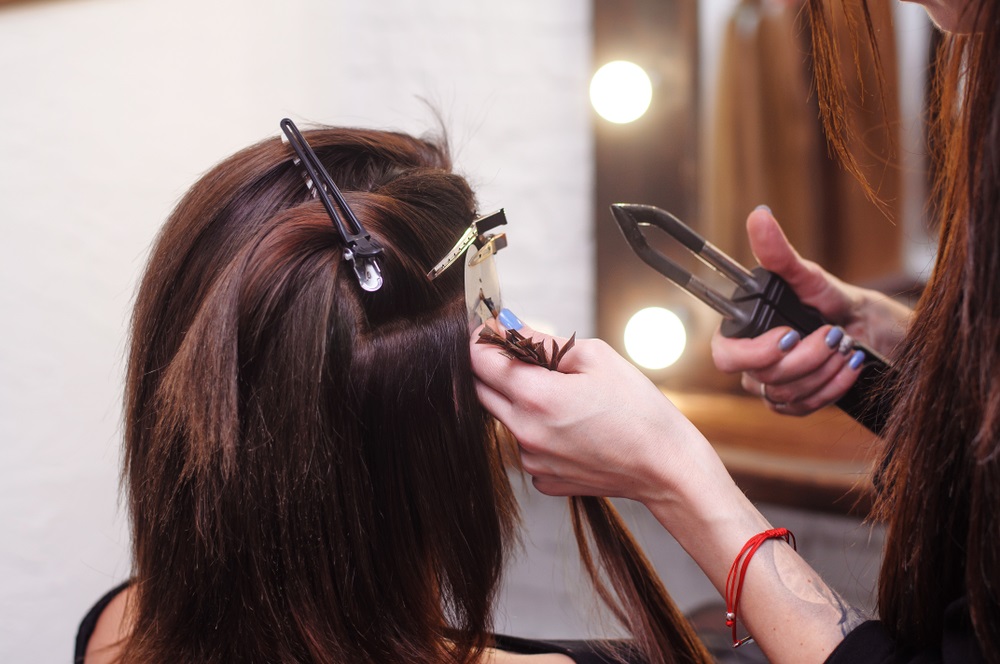
Styling hair extensions on thin hair requires a gentle touch. It’s best to use low-heat settings when styling and to avoid styles that require a lot of pulling or tugging. Loose waves or curls can add volume and blend extensions with natural hair. Additionally, using a wide-tooth comb can help prevent tangling and breakage.
FAQs
Can thin hair handle hair extensions?
Yes, thin hair can handle hair extensions if the right type is chosen and they are applied and maintained properly. Lightweight extensions that do not put too much strain on the hair and scalp are ideal.
How long do hair extensions last on thin hair?
The lifespan of hair extensions on thin hair depends on the type of extensions and how well they are cared for. Generally, extensions can last anywhere from a few weeks to several months.
Are hair extensions damaging to thin hair?
Hair extensions can be damaging if they are too heavy or not applied properly. It’s important to choose extensions that are suitable for thin hair and to follow a proper maintenance routine.
What is the safest method of hair extensions for thin hair?
Halo hair extensions are often considered the safest method for thin hair as they do not involve any adhesive or clips, reducing the risk of damage.
In Conclusion
Choosing the best type of hair extensions for thin hair requires careful consideration of the method, weight, and quality.
With the right choice, hair extensions can provide a natural and beautiful enhancement to thin hair without causing damage. Always consult with a professional stylist to ensure the best results and maintain a regular care routine to keep both your extensions and natural hair healthy. Book your appointment from Panache CK today and let us choose the right extension for your hair.
